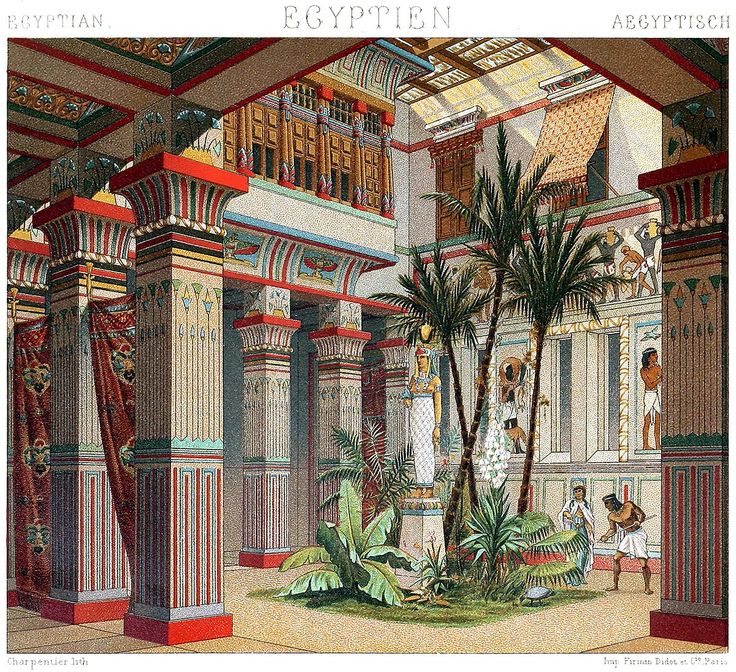Imagine living in a Palm Springs resort all year. That was the life of an Egyptian official.
Joseph was talented, intelligent, handsome and hard-working. He impressed everyone around him and was given responsibility.
In my exercise to strip the text of religious sentimentality and identify the specific instances of the supernatural presence of God, I am going to call this statements that “the Lord was with Joseph” to mean that he had innate talent coupled with charm and a willingness to work hard and always landed on his feet. I’m going to count this as an idiom, a figurative expression, and not consider this miraculous. “He was the apple of his father’s eye.” “The Lord was with him.”
Joseph establishes himself and is promoted to Potiphar’s right-hand man. Potiphar puts him in charge of his household, his finances, his holdings, his fields. Knowing what it’s like to invest all into one person and have them turn on you, Potiphar’s wife’s accusation of attempted rape must have been devastating to Potiphar.
Fortunately, Joseph used his same charms and talents to endear himself to the prison warden and became his right-hand man as well.
We know that Joseph was seventeen years old when he had his dream in chapter 37. He was sold into slavery immediately after. Assume he was in Potiphar’s service as few years when he made his mark. He would be around 25 when he was sent to prison. Does he ever clear his name? We will see.

